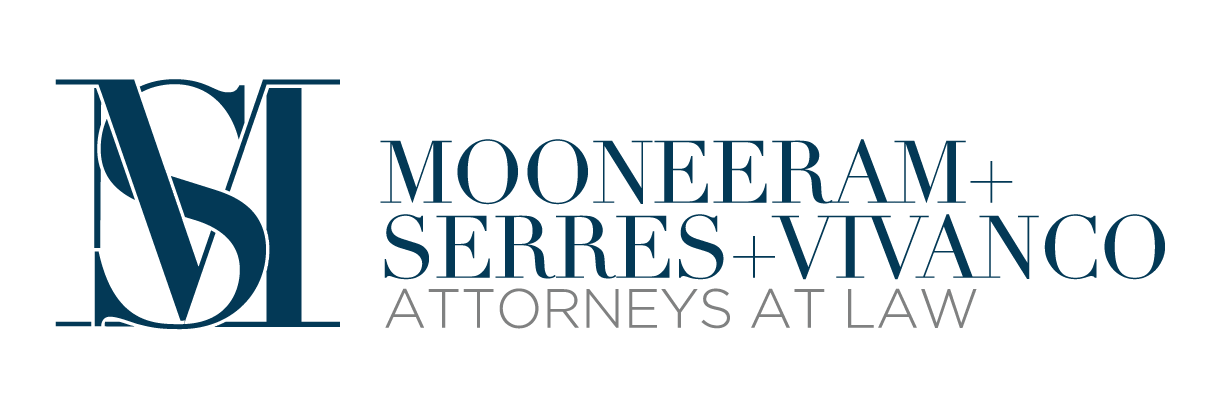Every residential property owner in Florida should have homeowners insurance. The need for homeowners insurance is based on protecting an important investment and ensuring that you can return a beloved property to its original condition after damage from a natural or unfortunate event. However, buying homeowners insurance is a big decision, and you should look for several things in a policy before deciding to buy coverage.
#1: There’s Nothing Wrong with Window Shopping
As with a pair of shoes, you don’t need to buy the first homeowners insurance that you see. Florida is lucky to have a myriad of insurance companies and types of homeowners coverage, and you can window shop around the market until you find a policy that directly fits your needs. Many times different companies will offer greater coverage in some areas and not much in others.
In particular, if you need homeowners insurance to cover a unique building, historic structure, or hurricane-prone property, you want to find the perfect policy. On the other hand, all homeowners in Florida should look for coverage that includes coverage for flood, water, hurricane, wind and storm damage.
Plus, requesting quotes from multiple companies is an excellent way to compare costs. You could find the same level of coverage for a very different price. However, this brings us to the second thing you should know about homeowners insurance – cheaper isn’t always better.
#2: Cheaper Isn’t Always Better
In most cases, there is a reason one homeowners insurance policy is cheaper than another. You are right to be suspicious of a company that gives you a quote significantly below the industry averages or direct competitors.
Sometimes an insurance company may offer you “discounts” on your premiums for Florida homeowners insurance, but these discounts actually limit your coverage to your disadvantage This cost reduction is likely coming at the expense of your level of coverage, policy exclusions, and amount of maximum claim.
#3: Keep an Eye on Any Policy Caps
Frequently, insurance carriers offer lower premiums in exchange for limits of coverage. This industry practice is designed to keep certain costs low, which seems beneficial to consumers but it could be a huge disadvantage in the event of significant damage to your residential property. Further, a policy could have a high amount of coverage overall, but place intentional and less obvious policy caps on specific incidents or types of damage.
For example, a policy may include a $3,000.00 cap on mold, fungus, or water removal. If damage occurs because of these issues, you are left on the hook for any expenses for repair and clean up over that amount.
#4: Directly Question the Coverage Exclusions
If you need homeowners insurance, you want coverage that includes a number of different types and causes of damage. In contrast, insurance providers are incentivized to offer you coverage with holes and exclusions, which could eventually negate them from paying a claim in the future.
Even if coverage exclusions aren’t obvious in the policy paperwork, you want to ask a lot of questions about what isn’t covered by a particular policy. A great example is that some policies in Florida will exclude water damage or damage that results from sudden discharge of water. Yet, water damage is one of the most common homeowners insurance claims in Florida, and not having coverage for this damage could cost you thousands (and significant frustration).
#5: Details Are Important for What Is Covered
Before you buy, you need to know exactly what is covered by a specific homeowners insurance policy because chances are, it is less than you think. The details on what is covered, and what isn’t, can often be found in the details of a policy document. For example, a policy might say that it covers your yard and ancillary buildings on the property, but excludes outbuildings under a certain size or doesn’t cover your fence.
#6: Know the Difference Between Replacement Cost Value and Actual Cash Value
In most cases, a Florida homeowners insurance policy will state that the insurer is not required to pay more than actual cash value or ACV. While incredibly common in Florida policies, ACV isn’t going to be the actual value of the property that is destroyed or damaged. ACV is determined by taking the replacement cost of the property minus your deductible. This means you are entitled to repair costs, but not any diminution in the property’s actual cost value or fair market value.
In contrast, a policy that is based on replacement cost value could provide a greater amount of coverage. The reason is that under these policies the depreciation isn’t excluded from the amount paid on the policy, giving you a higher amount of recovery.
If you have other questions on what you want or need in a homeowners insurance policy, you can speak with a property damage lawyer at Mooneeram + Serres + Vivanco, P.A. Our South Florida based firm can be reached when you call (305) 847-9030 or by sending us an email about your case at [email protected].
